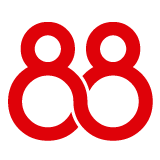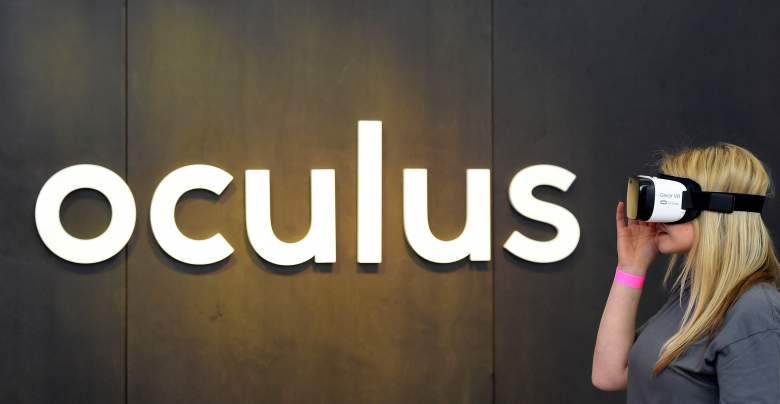
Famous Crowdfunding Exits
blog
 By Crowd88
By Crowd88
As equity crowdfunding continues to develop and mature, companies that have the potential to flourish will begin to choose crowdfunding platforms to make campaigns. For crowdfunding companies, typical exits are in the forms of initial public offering (IPO) or an acquisition by a larger company, that unlocks returns for early investors who put up early stage capital. Two most famous exit cases in crowdfunding history are Cruise Automation and Oculus VR.
Cruise Automation
 Founded in 2013, Cruise Automation is an American company that creates autonomous driving technology, one of several companies that are racing to present driverless cars to the public. They raised Series A and B funding via AngelList Syndicates. Cruise Automation raised US$200,000 through 2 rounds of crowdfunding. The rounds were not open to all investors on the platform and only invited investors had access to this investment opportunity.
Founded in 2013, Cruise Automation is an American company that creates autonomous driving technology, one of several companies that are racing to present driverless cars to the public. They raised Series A and B funding via AngelList Syndicates. Cruise Automation raised US$200,000 through 2 rounds of crowdfunding. The rounds were not open to all investors on the platform and only invited investors had access to this investment opportunity.
In March 2016, General Motors acquired Cruise Automation for over US$1 billion dollars, officially turning Cruise Automation into the first Billion Dollar Exit for a crowdfunded company. The lucky few who managed to get invites to their Series A and B rounds saw the value of their shares shoot up by 1,011% (Cruise Automation was valued at approximately US$90 million during Series A and B rounds).
Oculus VR

Oculus is an American technology company specialized in virtual reality hardware and software products. Its crowdfunding experience has made it a stunning case among technology industry.
On August 1, 2012, after generating some early hype, Oculus Rift lands on a crowdfunding platform. The project video, hosted by affable Rift creator Palmer Luckey, is filled with praise from the likes of Id Software's John Carmack, Cliff Bleszinski and Valve Software head Gabe Newell. The Kickstarter campaign promises a virtual reality experience unlike any other, with a wider field of view and better, low-latency head tracking. The Oculus campaign exceeds its US$250,000 funding goal within 24 hours, going on to raise over $2.4 million by the end of its Kickstarter campaign.
In March 2014, Facebook announced its acquisition of Oculus VR, maker of the Oculus Rift, for $2.4 billion. Its 9,500 crowdfunding backers received a pair of virtual reality goggles— but no equity stake in the company, as it was a reward based campaign. If Oculus VR was an Equity Crowdfunding campaign investors would have received an estimated 400 times earnings of their initial contribution. A $1,000 investment in Oculus would have yielded a return of $400,000.